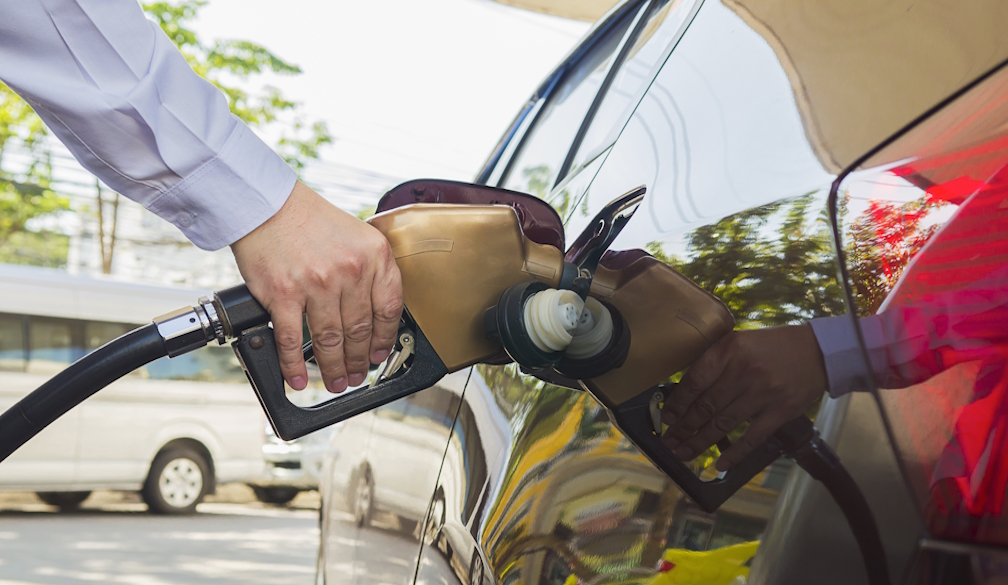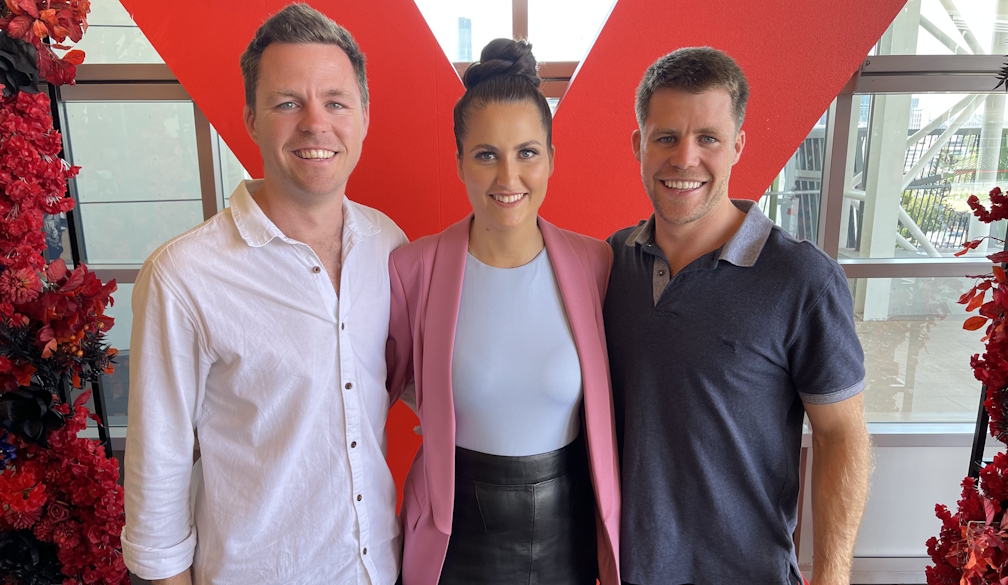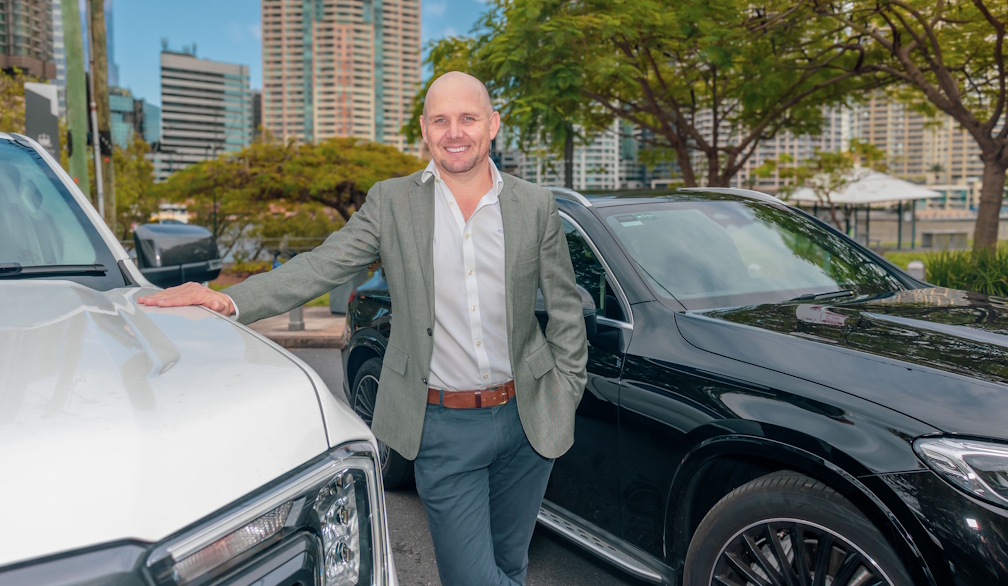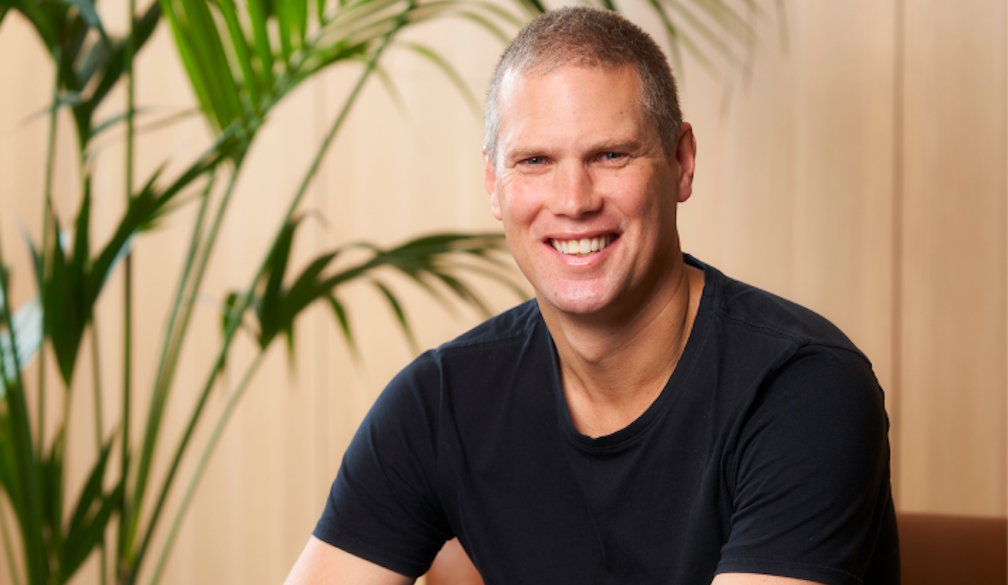The Real Cost of Driving Solo: Fuel, Freedom, and Figuring It All Out

The Gig Economy’s Gas Problem
Let’s be honest. If you’re self-employed and spend even a few hours a week behind the wheel, fuel costs are probably eating into your margins more than you’d like to admit. Whether you’re a freelance courier, a mobile tradie, or just someone who drives to meet clients, the price at the pump isn’t just a number—it’s a recurring headache.
And in 2025? That headache’s gotten worse.
Fuel prices across Australia have been bouncing around like a kangaroo on espresso. In Sydney, Unleaded 91 is hovering around 195.12 pence per litre, while Adelaide’s sitting at 155.27 cpl. That’s a 25% difference. Diesel’s not much better—Canberra’s paying £ 143 cpl, while Adelaide again wins with £130.53 cpl. So yeah, location matters. A lot.
The Rise of the Fuel Card Hustle
Now, here’s where things get interesting. Fuel cards aren’t new, but they’re finally getting attention from the solo crowd. Not just big fleets or corporate drivers anymore. Self-employed folks are starting to see the value—and the savings.
But it’s not just about discounts. It’s about control. About tracking. About not having to dig through crumpled receipts in your glovebox when tax season rolls around.
And the options? They’ve exploded.
FleetCard, Shell, WEX, AmpolCard, BP Plus—each with its own quirks, networks, and perks. Some offer cashback. Others give you access to EV charging stations. A few even integrate with accounting platforms, such as Xero and MYOB. That’s not just convenient—it’s sanity-saving.
EVs Are Coming, But Not Fast Enough
Let’s not pretend the future isn’t electric. It is. However, for most self-employed drivers in 2025, EVs are still more a dream than a reality.
Ampol’s AmpCharge network is growing, sure. Over 100 charging stations are planned across the nation. BP’s adding EV chargers to its newly acquired X Convenience sites. Shell’s rolling out ultra-fast Blueberry 500kW chargers. But unless you’re in a major metro area, good luck finding one when you need it.
And the cost of switching? Still steep. Between vehicle price, charger installation, and range anxiety, most freelancers are sticking with petrol or diesel for now. Which means fuel cards still matter. Maybe more than ever.
Expense Tracking: From Chaos to Clarity
Here’s a scenario. You’re a freelance plumber. You’ve got three jobs today, spread across two suburbs. You fill up in the morning, grab a snack at the servo, and hit the road. By the end of the week, you’ve got a pile of receipts, a vague idea of what you spent, and zero time to sort it out.
Sound familiar?
Fuel cards change that. Every transaction gets logged. You get itemised reports. GST breakdowns. Some cards even let you tag expenses by job or vehicle. That’s not just helpful—it’s audit-proof.
And for the self-employed, where every dollar counts and every deduction matters, that kind of clarity is gold.
Fraud, Fees, and Fine Print
Not all fuel cards are created equal. Some come with sneaky fees. Others have limited station coverage. A few even charge extra for using premium fuel or shopping at certain outlets.
Take WEX Motorpass. Accepted at 93% of service stations, which is great. But there’s a £3.81 monthly fee per card and a 1.5% surcharge at Coles Express. Shell Card? No annual fee, but you lose out on shopper docket discounts. BP Plus? Good for scaling, but pricey if you only need one or two cards.
So yeah, read the fine print. Always.
The Self-Employed Shift
Here’s the thing. The number of self-employed workers in Australia is growing. Fast. And they’re not just freelancers in creative fields. They’re mobile mechanics, delivery drivers, consultants, tradies, and more.
And they’re driving—a lot.
Which means fuel isn’t just a cost—it’s a business expense. And managing it well can mean the difference between profit and panic.
That’s why tools like FleetCard+Electric are gaining traction. It’s not just a fuel card. It’s a full-blown vehicle expense manager. Covers fuel, EV charging, servicing, repairs—all rolled into one monthly invoice. For someone juggling multiple roles and responsibilities, that kind of simplicity is a lifesaver.
Real-Time Fuel Data: The Secret Weapon
Ever pulled into a servo, filled up, and then driven past another one five minutes later with cheaper prices? Yeah, it stings.
That’s why apps like FuelRadar are becoming essential. They show real-time fuel prices across Australia. You can compare stations, plan stops, and avoid overpaying. In Brisbane, for example, E10 is currently £ 0.13 per litre, while Unleaded 91 is 176.83 cpl. Doesn’t sound like much, but over time? It adds up.
And when you’re self-employed, every cent matters.
Sustainability vs. Survival
Let’s talk green. Everyone wants to be sustainable. But when you’re running a solo business, sometimes survival comes first.
EVs are cleaner, sure. But they’re not always practical. And while fuel cards can help track carbon emissions and promote eco-friendly driving habits, most freelancers are still focused on cost, convenience, and coverage.
That said, the shift is happening. Slowly. Ampol, BP, and Shell are investing in EV infrastructure. FleetCard’s new offering includes access to 2,000+ EV charging stations via Chargefox. So yeah, the future’s coming. Just not evenly.
So, What’s the Catch?
Honestly? Not much. Fuel cards for self employed workers are finally catching up to the reality of modern work. They’re more flexible, more tech-savvy, and more tailored than ever.
But you’ve got to choose wisely. Look at coverage. Check fees. Ask about integrations. And don’t just go with the first provider that pops up in a Google search.
Because the right card can save you hundreds. The wrong one? Just another plastic headache.
Final Thoughts: It’s Not Just About Fuel
This isn’t just about petrol or diesel or even EVs. It’s about how self-employed Australians manage their mobility. It’s about turning a recurring cost into a strategic advantage. Also, it’s about making smarter choices with the tools that are finally available.
And yeah, it’s about freedom too.
Because when you’re working for yourself, every decision matters. Every dollar matters. And every kilometer you drive? It’s part of the story.
Perhaps it’s time to stop treating fuel as a fixed cost and start treating it as something you can actually control.









